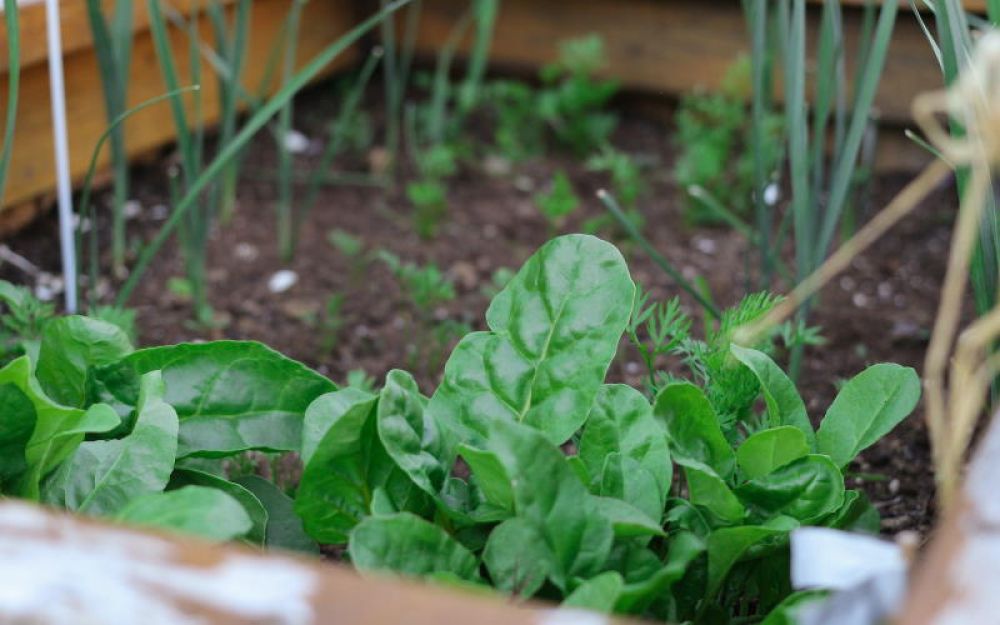Cultivating a Vibrant Winter Vegetable Garden

As the chill of winter settles in, many gardeners assume that they should take a break from gardening until spring. However, with careful planning and the right selection of winter vegetables, you can transform your garden into a thriving haven even during the coldest months.
From leafy greens like kale and spinach to cold-tolerant root vegetables such as carrots and beetroots, the winter garden offers a rich tapestry of flavors and nutrients. Explore the unique qualities of each vegetable and discover how they contribute to a colorful winter harvest.
Effective planning is key to a successful winter vegetable garden.Consider factors like frost dates and the maturation periods of different crops. Prepare the soil and get protective coverings to create a conducive environment for winter vegetable growth. Companion planting is very important. For example, carrot pair well with fresh onions, but broccoli and cauliflower are competitive among themselves, making it hard for them to grow together.
Always remember to plant every 20 to 30 days in order to have your own vegetables during the season! When the first 60 days pass day and harvest your first vegetables, just keep in mind filling the gap with a new one! The best thing about winter gardening is that most weeks you don’t even need to water the plants!
There are three important things you need to remember: First have a cover for the winter frosts if needed. Second keep some ashes from your fireplace or stove, and spread around the perimeter of the flower bed to avoid snail attacks. Third, get Thuringia bacillus in powder form to treat the caterpillar which feeds on the leaves of cabbage, broccoli, cauliflower and Brussels sprouts mainly. It is a natural and organic formulation and protects winter vegetables from total destruction!
Gardening in Containers and Small Spaces. Not everyone has acres of land for a winter garden. Explore innovative solutions for gardening in smaller spaces or containers. From balcony gardens to raised beds, sometimes the advantages of container gardening, are great, such as mobility and versatility, and even the protection from pests and frost!
Cultivating a winter vegetable garden is not only possible but can be an immensely rewarding experience. As you embark on this cold-season journey, remember that with careful planning, preparation, and a touch of creativity, your garden can thrive even when the temperatures drop. Embrace the winter harvest, savor the unique flavors, and revel in the satisfaction of growing your own fresh, nutritious produce during the coldest months of the year. Happy winter gardening!
winter gardening, winter vegetable garden, winter vegetables
